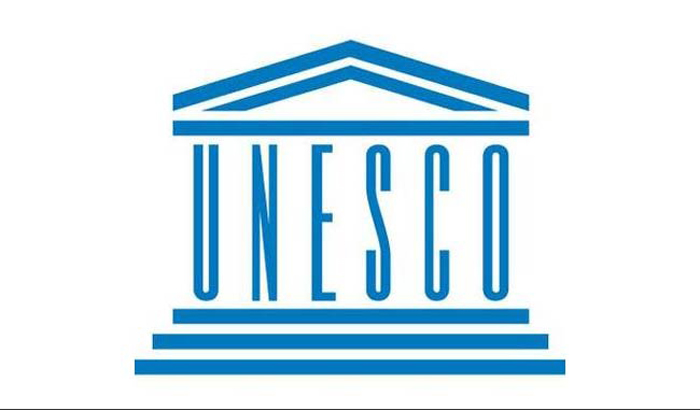"It`s still early days, I think we`re waiting to see what comes out of the official U.S. and NATO and possibly Afghan investigations," he told reporters. "I think what we`re looking for is a credible and transparent investigation."
U.S. Defence Secretary Ash Carter has promised a full investigation into whether the American military was connected to the destruction of the MSF hospital in Kunduz, but cautioned it would take time to gather information.
Under international law, the bombing would only be a war crime if it was proved that the hospital was attacked intentionally, legal experts said. A United Nations investigation is unlikely at this point because the United States is viewed as capable of carrying out a credible investigation and because the incident is not viewed as part of a systematic campaign targeting civilians, diplomatic sources said. If doubts arose over the credibility of the U.S. or NATO investigations, there might be calls for a U.N. probe.
MSF has called for a "full transparent independent investigation." A spokesman for the group, which said it had given the coordinates of the hospital to U.S. and Afghan forces, did not immediately respond to a query about whether it wants a U.N. investigation.
U.N. human rights chief Zeid Ra`ad al-Hussein said on Saturday that, "if established as deliberate in a court of law, an air strike on a hospital may amount to a war crime."
Geneva Conventions
The United States and Afghanistan are parties to the Geneva Conventions on the conduct of war and occupations. They are obligated to prosecute those alleged to have committed grave breaches of the conventions or hand them over to another state party for trial. Under U.S. law, any grave breaches of the Conventions -- including wilful killing or wilfully causing great suffering or serious injury to body or health -- are considered a war crime.
John Bellinger, the State Department`s top legal advisor under former President George W. Bush, doubted that the attack, while tragic, could be categorized as a war crime.
"It`s an enormous rush to judgment to suggest it is a war crime unless someone has immediate evidence that the U.S. government intentionally attacked the hospital, which seems doubtful," he said.
The American commander of international forces in Afghanistan said Afghan forces asked for U.S. air support while fighting the Taliban shortly before the air strike. MSF accused the United States of trying to "pass responsibility to the Afghanistan government."
If it was found to be a crime, whether through negligence or something more deliberate, U.S. or Afghan authorities would be expected to prosecute those responsible in either a civilian or military court and, if they were convicted, to punish them.
The United Nations is not able to prosecute anyone itself and can do little more than recommend further action by governments or international courts.
The world body investigated Israeli attacks on U.N. schools amid charges that Hamas fighters hid weapons on U.N. premises during last year`s war in the Gaza Strip, though that was because of the involvement of U.N. facilities.
Often the U.N. Human Rights Council in Geneva and Zeid`s office will establish investigations into charges of gross violations of human rights, such as a comprehensive probe of North Korea that led to U.N. accusations of Nazi-like policies of starvation and persecution by the Pyongyang authorities.
Four years ago, the U.N. in Geneva launched a still-ongoing investigation into allegations of war crimes and crimes against humanity in Syria`s civil war in the hope that some day the International Criminal Court (ICC) could prosecute suspects.
The United States is not a member of the ICC, which only investigates and prosecutes the gravest types of war crimes, such as genocide.
It is not clear whether MSF plans to launch its own legal action. There is precedent for civilian wrongful death lawsuits in U.S. courts, although the hurdles for victims are high. The Federal Tort Claims Act allows lawsuits for negligence by certain government employees, but courts have generally held that the law does not apply to combatants in times of war.
The legal doctrine of sovereign immunity, which makes the U.S. immune from most suits, has also blocked claims brought against the government for civilian casualties, including a lawsuit brought by heirs of passengers of an Iranian airline downed in 1988 by the U.S. warship USS Vincennes.
More about:
















































